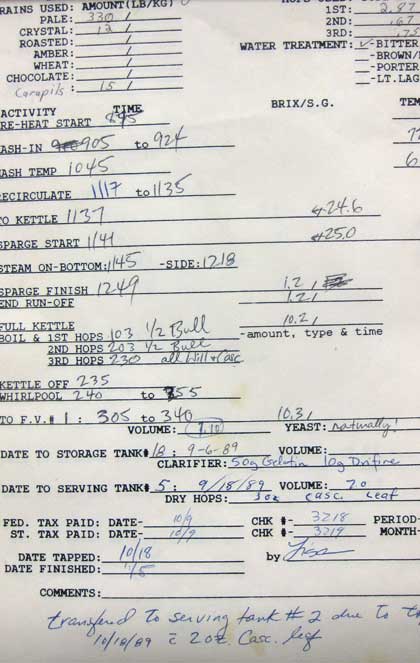You have any idea how many books Oxford University Press published in its “companion” series before it got around to beer?
A lot. Heck, The Oxford Companion to the Brontës is 640 pages. There’s The Oxford Companion to the American Musical: Theatre, Film, and Television and The Oxford Companion to the Supreme Court of the United States (1272 pages, but “the only book on the Supreme Court that a layman should ever need.”)
Most of the books that are part of the franchise must have been more popular when they were new, because it appears these days that beyond the top two on the list none of them outperforms the 100th best selling beer entry (Clone Brews, at this moment) on Amazon.
Those top two, of course, are the shiny, new The Oxford Companion to Beer and the third edition to The Companion to Wine, still selling briskly five years after it was published. I think we all expect the Beer Companion will have the same sort of legs, but that’s a topic for another day.
I own the wine book and recall the excitement within the wine blogosphere when it was released in 2006 (plus that Costco stocked a bunch as a price that beat Amazon). I occasionally hoist it off the shelf — either when I have a particular question or feel in need of exercise, given that it weighs half again as much as the hefty beer book — and I never think to question what I find. I certainly don’t remember it being scrutinized the same way as the Beer Companion.1
So I asked a few wine bloggers if I missed something. Mike Veseth, author of Wine Wars, wrote back:
I cannot remember any sharp criticisms when the Oxford Companion to Wine appeared. Certainly the release of the current edition was celebrated, not criticized. I suspect that this is because the OCW project is well established and has set the standard for comprehensive wine books.
I asked Jancis Robinson (editor of OCW) what she thought and she replied that, while there were no harsh critiques when the OCW was first released in 1994, she thinks there would be some today just because the times are different — more bloggers and social media forums where opinions are shared.
Yep, the Netscape browser was brand new in 1994 and Amazon didn’t exist. Nor did Rate Beer or Beer Advocate or any of the blogs on the right. But I’m still trying to figure out if that explains the all that has already been written about the Beer Companion.
Are the errors that grievous? Is it that those who really care about beer (and the facts related to beer) care than much more? Is beer (and beer history) that complicated, subjective to interpretation, lost in the ether?
As I was typing this post Alan McLeod added Garrett Oliver’s comments to OCBeerCommentary, and then Simon Johnson’s thoughtful conclusions popped up in my feed reader. (Yes, two Simon Johnson links inside of a week; no more, I promise.)
Go read them, because so far I’m long questions and short answers.
1 OCBeerCommentary provides both links to what has been written about the Beer Companion (see “general comments”) and comments that generally identify errata.

